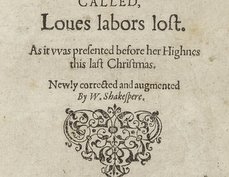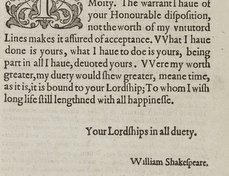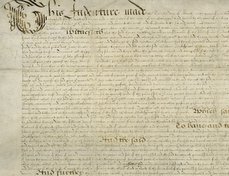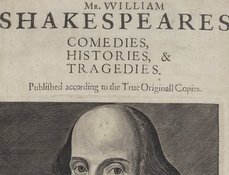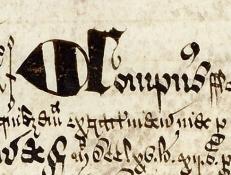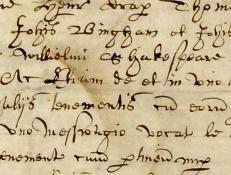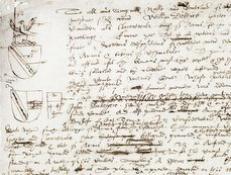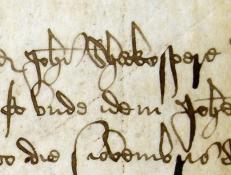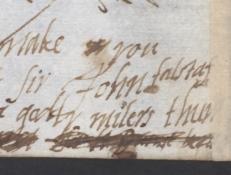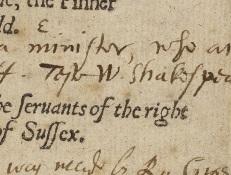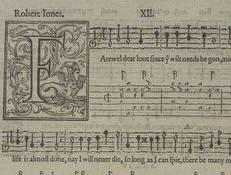Shakespeare Documented is still growing! Currently, two thirds of the descriptions and 98% of the images are available in the resource. Descriptive text will continue to be added, updated and expanded. Visit our About page to learn more about the project scope.
EXPLORE THE DOCUMENTS BY CATEGORY
SHAKESPEARE DOCUMENTED IS STILL GROWING
Descriptive content and transcriptions will continue to be added, updated and expanded. Check back for regular updates!
Filter the documents by tag(s)
1598- 1599
Lay subsidies were a type of tax based on personal wealth. In London, the collection of subsidies was managed at the local level of ward and parish.
May 16, 1599
The Inquisition Post Mortem of Thomas Brend, shown here, is a near-contemporary witness of the lease for the site of the Globe on Maid Lane, Southwark, and a witness to the recent construction of the “house” itself.
ca. 1599
William Scott’s The Modell of Poesye, a treatise on poetics, includes the earliest literary criticism of Shakespeare. Although Shakespeare is not mentioned by name in the manuscript, two of his works are.
1599
Like the two draft grants of arms from 1596, this draft exemplification of arms from 1599 is in the handwriting of William Dethick, Garter King of Arms.
1599
The title page of the second edition of Henry IV Part 1 identifies William Shakespeare as the play’s author for the first time in print. The practice of including authorial attribution on title pages was becoming increasingly common at the turn of the century.
1599
SHAKESPEARE DOCUMENTED IS STILL GROWING! Descriptive content and transcriptions will continue to be added, updated and expanded. Check back for regular updates!
July 8, 1599
SHAKESPEARE DOCUMENTED IS STILL GROWING! Descriptive content and transcriptions will continue to be added, updated and expanded. Check back for regular updates!
1599
Sometime after Sir George Buc, the future Master of the Revels, purchased the anonymous play George a Greene, Pinner of Wakefield shown here, he added two manuscript notes to the title page.
1599
William Jaggard published The Passionate Pilgrim in 1599 in two separate octavo editions. While the first edition exists only as a fragment without a title page, the second edition, shown here, carries the attribution “By W.
1600
SHAKESPEARE DOCUMENTED IS STILL GROWING! Descriptive content and transcriptions will continue to be added, updated and expanded. Check back for regular updates!

